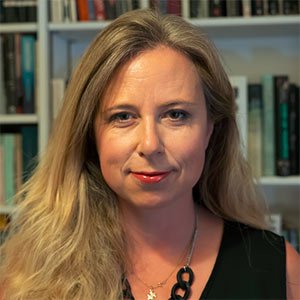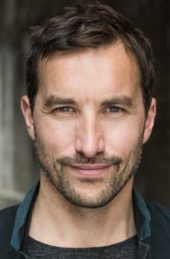Historical fiction is a great introduction to history. Can you recommend any historians to our readers to learn more about your period?
My favourite general historians of the English Civil War are Diane Purkiss and Michael Braddick. John Adamson’s The Noble Revolt is a fascinating revisionist interpretation. Blair Worden and David Cressy are brilliant. For Gaelic Scotland, Alex Woolf and R. Andrew MacDonald are invaluable.
What three pieces of advice would you give to a budding historical novelist, looking to write and publish their first book?
The old adage ‘kill your darlings’ is key – for historical fiction novelists it should read ‘kill your research’. Nothing deadens a novel more than research worn too heavily.
When you finish your book, put it in a drawer for at least 3 months before you submit it. Don’t even think about looking at it in that 3 months. Don’t even peek. It is much easier to edit and re-read with a stranger’s eye if you put distance between you and the turgid business of getting words on a blank page.
Love your period.
If you could choose to meet any historical figure from your period, who would it be and why?
Marchmont Nedham. The first proper journalist, who swapped sides when it suited him. A bit of a rapscallion, but clever and enterprising. A hack’s hack.
Similarly, if you could witness one event from history, what would it be and why?
I’m far too modern and squeamish to witness most of history’s seminal events. I love reading about battles, but I once saw a decapitated squirrel and nearly fainted. I’m safer in the now.
Which other historical novelists do you admire?
So many! This was my favourite genre for a very young age. My two absolute heroes are Mary Renault and Patrick O’Brian, but of living authors my personal favourites include Hilary Mantel, Harry Sidebottom, Giles Kristian and Diane Setterfield. The most underrated writer that I think everyone who loves this genre should read is Philip Kazan, whose novels about Renaissance Italy are beautiful, joyous and tender.
When first sketching out an idea for a novel, which comes first – the protagonist, plot or history?
The history! Always.
Do you have a daily routine as a writer? Also, how important is it to know other writers and have a support network?
I have three young children, a dog and freelance journalism to write. “Daily routine” is the stuff of dreams. Knowing other writers is invaluable, not least because your own family can only listen to so much whining. My peers’ capacity for good-natured bitching about the profession we all love and hate keeps me sane.






